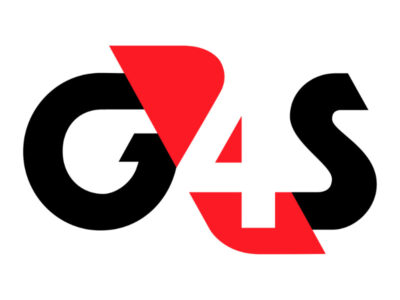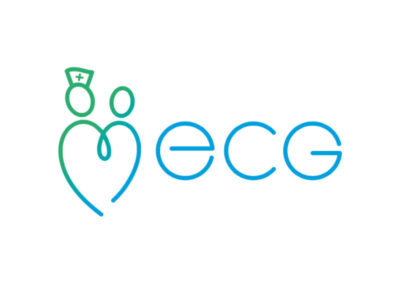Background
G4S is a multinational security services company headquartered in London, England. The
company offers a wide range of security-related services, including security guards, cash
handling, security systems installation, and more.
Among its portfolio of services, G4S operates prisons in various countries worldwide. These
facilities are often run under contracts with governments or other entities responsible for
managing prisons. G4S provides services related to the management and operation of these
facilities, including security, inmate supervision, administration, and sometimes rehabilitation
programmes.
The Task
The Care and Rehabilitation Service (CaRS) within G4S sought to develop a career development pathway to address workforce attraction and retention challenges. We were asked to help them initiate and manage a project comprising four key components:
- Create a clear, transparent career pathway to encourage staff to view G4S as an employer of choice.
- Map the core skills of Prison Custody Officers (PCOs).
- Develop a university engagement strategy.
- Devise a high-potential development scheme.
United Outcomes developed a comprehensive project Gantt chart to capture and agree on planned activities and timescales. Regular meetings and written and verbal updates were provided to ensure adherence to the agreed-upon timeline.
United Outcomes conducted research both internally and externally. We collected data from various sources, including digital surveys, site visits, focus groups, one-to-one interviews, and a nationwide student survey via The Student Room. We collaborated with Nottingham Trent University and criminology lecturers to understand existing experiences and learn from existing student placement schemes delivered by other prisons.
Extensive stakeholder engagement was evident throughout the project. This engagement included consultation with the Senior Leadership Team, HR representatives, designated single points of contact (SPOCs), and operational staff members. A governance structure was established with weekly project team meetings, fortnightly governance meetings, regular updates, and feedback sessions with SPOCs.
All work was carried out according to schedule and within the allocated budget, ensuring timely and cost-effective delivery.
Outputs, Outcomes, and Impact
United Outcomes built a bespoke career pathway with the business for all relevant staff, including supervisors and senior leaders. Diagnostics included focus groups and one-to-ones with the team to conduct a SWOT analysis and research sector-specific and non-sector-specific best practices.
- A Career Development and Progression Pathway was developed, approved and published. This pathway provides clarity to all staff and potential employees on what is available and required to support professional development.
- The Performance Development Review (PDR) and training process were refined to complement the pathway. This work included a template and guidance for PDR completion and career conversation guidance so that staff are clear on their responsibilities and the purpose of the review process.
- A University Engagement Strategy was created and implemented. This strategy identified opportunities and the benefits of opening part-time work to local students and encouraging them to choose it as a career after their studies.
- A High Potential Development Scheme was created and signed off. Several components were produced supporting this scheme, including its purpose, an application form, a ‘Career Action Plan’ and ‘Task Book’, and a role profile of mentor and mentee.
As part of this project, dedicated contacts were assigned to all the work strands, and actions were identified to continue to move the work forward once United Outcomes handed over the project to the business. Aspects were implemented throughout the duration of the project, which allowed for iteration and refinement.


